Intersectionality and your Identity
There is one word that gets me excited as a therapist, and that word is intersectionality.
Intersectionality makes counseling and talking with clients exciting.
So, What Is Intersectionality?
The term Intersectionality was coined in 1989 in a paper by Kimberlé Crenshaw. But before it was coined, Intersectionality was around since, well, since humans existed.
Intersectionality refers to all the aspects of humans that make us who we are - our race, gender, faith, sexual orientation, abilities, class, etc. Any one of these facets on its own is insufficient to paint a complete picture of who someone is. We stand in the middle of “intersections” that make us who we are. And it is easy to get caught up, or think that we are simply a one-way street.
How Intersectionality Relates to Identity
Who are you? To see someone's full identity, you must get to know all the facets that make them who they are. These nuances are what make each of us unique - what makes us us. Take me for example. Here are some my intersections:
Xicano. Non-binary. Buddhist. Therapist.
If that's all you knew about me, you wouldn't know the full picture of who I am.
To color in a little more detail, here are a few additional intersections of mine:
Entrepreneur. Artist. Rheumatoid arthritis.
Just a few extra words about me color in some more detail. And even then, we've barely scratched the surface of getting to know who I am.
When I meet with folks I work with in counseling, I have a continuous curiosity to discover as many facets of their identity as I can. Finding new intersections of their identity. This is important and exciting for me because it highlights other parts of the clients story. They are not just “depressed”. They are other things as well. They might be: A cook. A mother. A lover of music, etc
This is one of the main reasons why I love being a therapist. To see what else I can learn about someone's identity.
What does Intersectionality have to do with Counseling?
Beyond the importance of getting to know the fullness of who someone is, intersectionality also has a much important role in counseling.
A lot of times, clients come into counseling hyper-focused on one aspect of their story or “street”. Sometimes, they are not even aware of the other intersections that are taking place in their story and how we might be able to draw upon strengths and discover resources from other parts of their intersections. For example, a teen might come in saying that they have autism and are having behavioral problems at school, but after getting to know the fullness of who they are. I find out that they are also an older brother and a “young astronaut club member”. when exploring these areas of their identity we can find resources that they have been using in other ares of their lives and apply them to what has been troubling them. In other words, we aren’t just our diagnosis. We are so much more!


